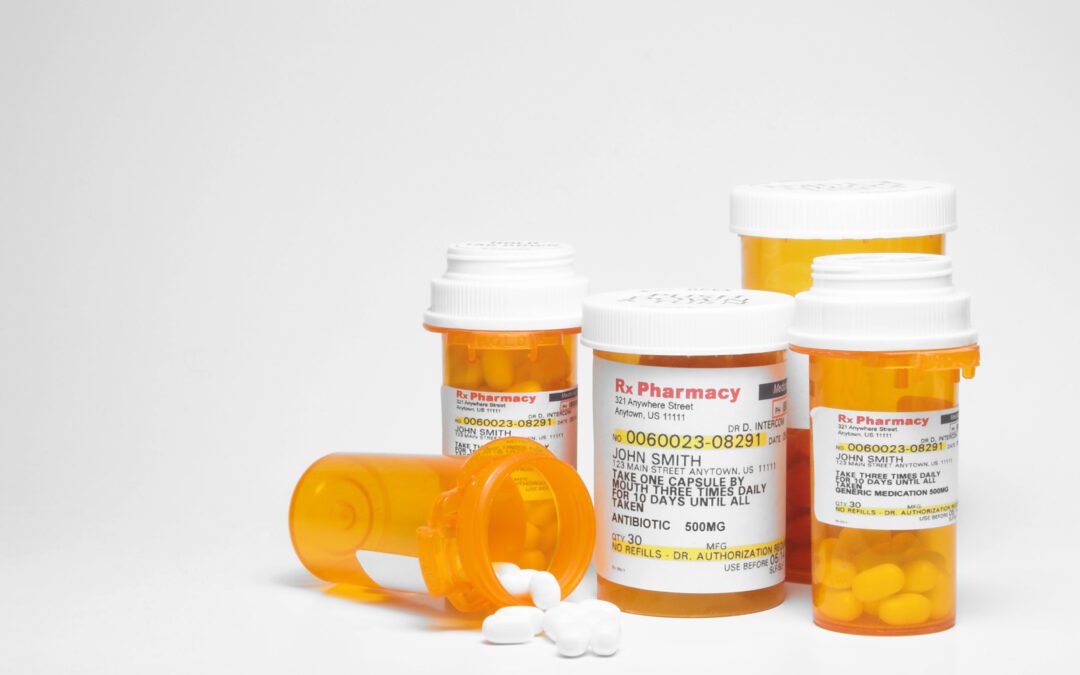To ease the cost-of-living pressures, the Federal Government has announced it will halve the number of scripts and allow patients to collect up to 60 days worth of some prescription drugs, which is double the current 30-day script maximum.
Local Wollongong Pharmacist Rony Azar believes that the 60-day script change has the potential to further aggravate medicine shortages and although he has been told they won’t, he is sceptical.
“From past experiences during covid and the way of the recent stock holdings, there is a big chance for medicine shortages to worsen, if people start taking these scripts up,” he said.
This plan has sparked controversy, as it was condoned by doctors, being referred to as a “win for patients”, however on the contrary, the Pharmacy Guild of Australia does not support the government’s plan.
Following the announcement, the Pharmacy Guild of Australia launched a website which hosts a petition that has already acquired over 80,000 signatures. The website informs the viewer that there are already 422 drugs on the shortage list and that 20 per cent of these will be completely out of stock as a result of dispensing limits being increased by the government.
The TGA’s database, responsible for reporting shortages of specific brands and products, explicitly states that alternatives, such as generic drugs or even the same type of drug in a different strength are available for certain medicines. This was the case for five of the 46 drugs that fall into the critically low category. Meanwhile, 141 drugs out of the 422 total are said to have alternatives.
The Pharmaceutical Benefits Advisory Committee (PBAC) advised the government on the medicines included in the 60-day script change and explained that most of the shortages apply to single formulations, strengths, brands or a single drug-in-class. The PBAC has claimed that medicines that don’t have closely related alternatives represent a relatively small number of the total.
Very few unique drugs on the shortage list will be affected by the government’s 60-day script policy, which will apply to 325 types of medicines and be rolled out in three stages from September. According to the PBAC, only seven medicines of the 422 medicines had shortages where there is no direct alternative brand, strength or formulation.
CheckMate has analysed the list of 46 critical shortages and found that only three products were eligible for 60-day scripts. These included two strengths of the same tablet, used for treating hypertension and another tablet used for treating recurrent streptococcal infections.
Numbers aside, some experts have dismissed claims that the 60-day script policy would worsen shortages.
Health economist at RMIT University, Stephen Duckett claims that the 60-day change will not have the power to worsen medicine shortages, it will simply change how often drugs are dispensed, not how many are dispensed.
He said medicine shortage scares, in response to the 60-day script change, are irrational and so long as the pharmacies overstock for the first 1-2 months to cope with demand, medicine shortages won’t worsen.
The PBAC claim that medicine shortages do not correlate with the maximum dispensed quantity and are not isolated to Australia.
Wollongong resident Marlon Roche, who has a prescription for a medicine on the critical shortage list, said that while he will be able to pick up double the amount of his prescription medicine at a time, he doesn’t think he will have an issue with his medicine not being in stock.
“I did have my worries when I first heard about the 60-day script change, in regards to not having access to my medicine if there were a shortage, but I looked into it and it’s not actually going to change how many prescription drugs are dispensed, just how often those drugs are dispensed,” he said.
From July 1, the government will introduce new requirements that make it mandatory for manufacturers to hold 4-6 months of stock for certain drugs in Australia.

